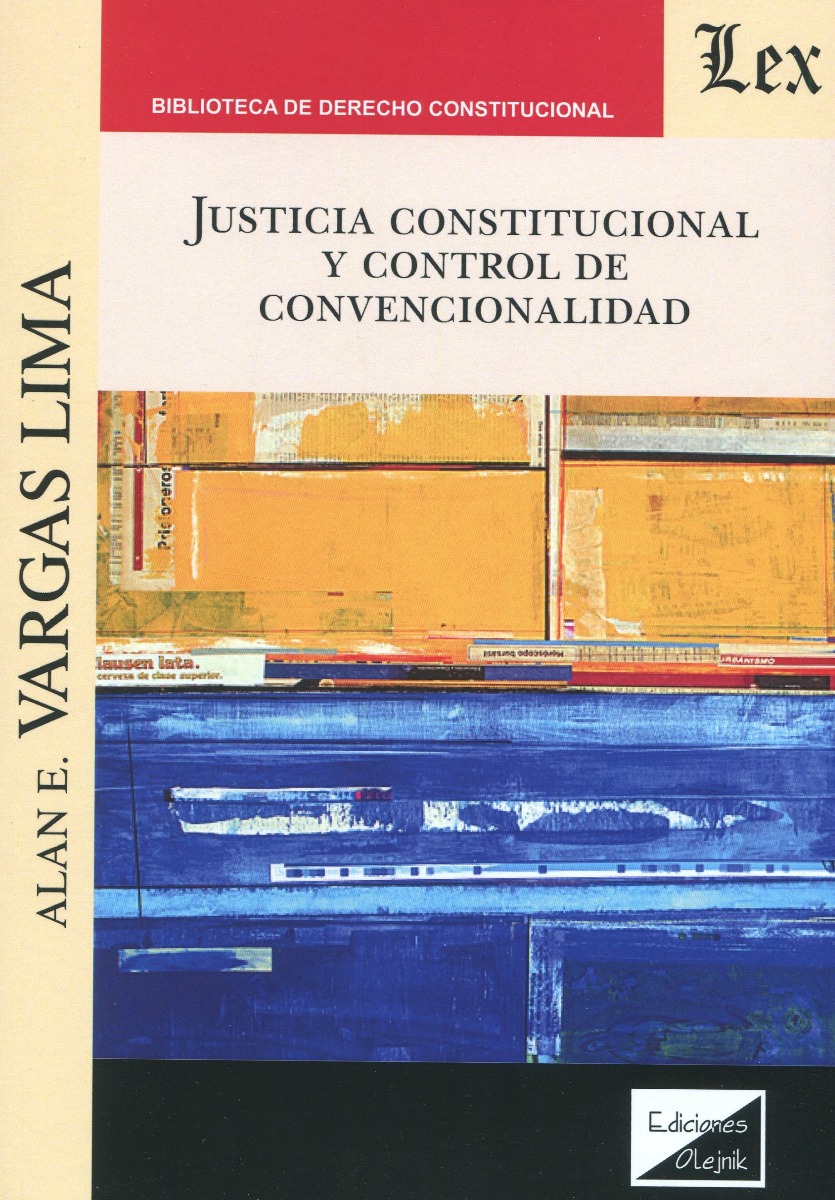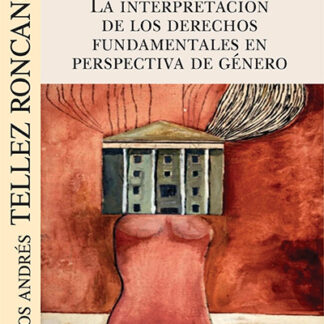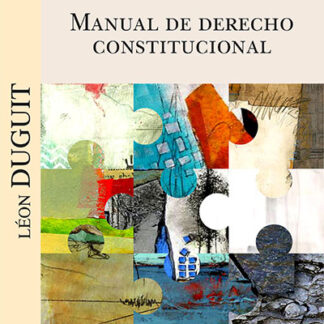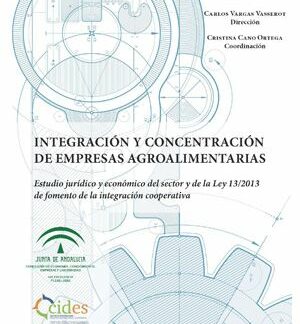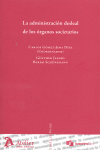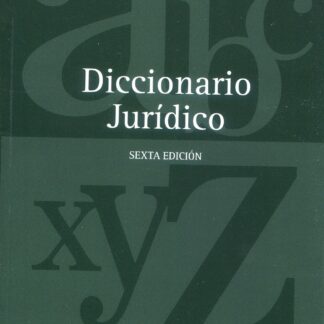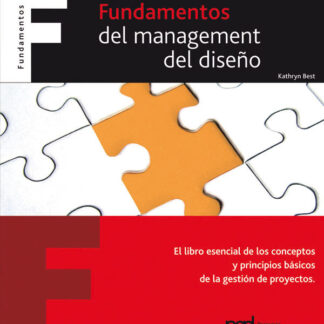Descripción
El presente trabajo de investigación desarrolla una fundamentación teórico-doctrinal de los aspectos referentes a la Justicia Constitucional y el Control de Convencionalidad –a la luz de su creciente desarrollo en la jurisprudencia constitucional e interamericana–, haciendo una breve referencia a la nueva configuración del Estado Plurinacional, así como a los valores supremos y principios fundamentales sobre los cuales se asienta nuestra sociedad plural, haciendo énfasis en la Supremacía Constitucional, la Jerarquía Normativa y el Bloque de Constitucionalidad consagrado en las normas de la Ley Fundamental, sin descuidar los importantes avances de la doctrina jurisprudencial existente en el Sistema Interamericano de Protección de Derechos Humanos, acerca del Control de Convencionalidad y su influencia en la jurisdicción constitucional; ello, para luego concentrar el análisis en la evolución histórica del control de constitucionalidad en Bolivia, así como los principales antecedentes de la creación del primer Tribunal Constitucional en el país, examinando la configuración actual del sistema de control de constitucionalidad como mecanismo idóneo de defensa de la Constitución aprobada el año 2009, hasta su más reciente manifestación jurisprudencial, como control de carácter concentrado y de naturaleza plural, muy distinto de otras formas de control existentes en el Derecho Constitucional Comparado.

